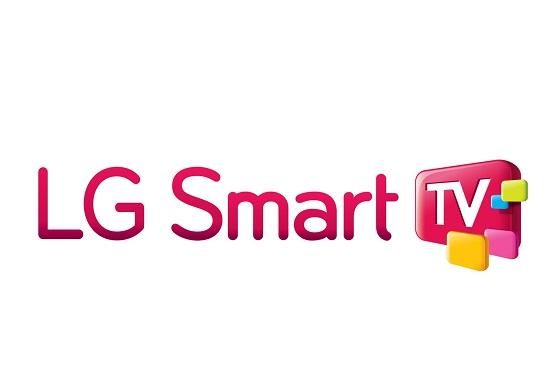
Early Monday morning, LG used the popular event Mobile World Congress, currently taking place in Barcelona, Spain, to announce that they have successfully purchased webOS from HP. As it stands right now, the details are pretty light regarding any interesting components to the sale: like how much LG paid for webOS, for instance. All that aside, though, right after the news broke I got noticeably excited. LG had purchased webOS! LG makes phones! My initial cries went unheard, though, because apparently no one working at major companies cares that webOS was once powering smartphones.
That means we’re still not getting webOS smartphones. LG has confirmed that they don’t plan on using their newly acquired mobile operating system for mobile devices.
Instead, the company will put the new OS on their smart TVs.
Before we get too ahead of ourselves, though, let’s refresh our memory. In April of 2010, HP announced that they had purchased Palm, the company that built webOS. While the announcement didn’t sweep across the world with praise or open arms, at least we all expected to see new mobile devices. We got the HP Veer, the HP Pre 3, and the HP TouchPad – a small smartphone, a medium smartphone, and a large tablet. And that’s it. Three devices after the high-profile purchase.
But then it got worse, because in August of 2011, HP announced that they were going to go ahead and “discontinue operations” of webOS-based hardware. HP was done making webOS hardware. No more TouchPads. No more Veers. No more smartphones or tablets of any kind. HP purchased Palm (and webOS), and their legacy consists of the Veer and TouchPad. And then essentially killing the product.
(It should be noted that HP also planned on putting webOS on just about everything they could dream up, but obviously that didn't pan out. Thankfully.)
Of course, Open webOS is something that exists, and I’ve asked you in the past if you think you’d buy a smartphone running the platform. I hope that’s something we can still talk about in 2013, after this new announcement that LG has purchased webOS, has obtained the patents that HP initially picked up from the Palm purchase, and obviously webOS’s source code.
LG’s announcement, as I mentioned above, came with a simple stipulation: they aren’t using the operating system for smartphones. Or, to be more accurate, they don’t have any plans to use their new OS on smartphones. I won’t try and suggest that that’s something that could never change, but LG is putting all of their focus on Android for the time being. I can’t blame them for that. LG isn’t as popular as Samsung, or even HTC in the Android army, and that won’t get any better by distracting their designers and developers with webOS. I hate it, but it makes sense for LG not to want to make smartphones with webOS.
But I really do hate it, and I think it’s ridiculous. I think it’s ridiculous that we’re on the cusp of seeing webOS back on the market, released by a major company, and it’s going to be on TVs. Don’t get me wrong, I don’t have anything against smart, connected TVs, I think they’re a cool idea. But webOS isn’t an OS meant to just be stared at, or interacted with at a minimal level. webOS was built to make multitasking something useful on our smartphones. webOS was built to give us a new way to interact with our smartphones.
webOS was built to be used on a regular basis.
About forty minutes before I started writing this piece, our very own Aaron Baker tweeted this:
I laughed out loud at that (lol’d?), but he’s not that far off. Where LG sells TVs, that’s where webOS has been shunned. Will people see webOS on the TV and suddenly become interested in the platform again? Sure, it’s possible. Does that mean they’ll be interested in seeing the platform on their phones again? Probably not. It just gives more time for Android, iOS, Windows Phone, BlackBerry 10, Ubuntu for phones, Firefox OS, and Sailfish and whatever else to gain attention in the market. Basically, it just means webOS is positioned away from the smartphone market even longer, and admittedly the chances of its return grow slimmer.
I want a new, updated version of webOS. I want it on a high-end handset. I want to get excited about webOS news again, because webOS didn’t get a fair shake at the market. It needed time, and more handsets. Those are things it never got. And now it’s being regulated to TVs! I hate to ask this question, but is webOS (for phones) dead? Are we really at that point?
Are you like me, and want LG to change their minds to start making webOS smartphones? Do you want to see a device like the Optimus G Pro running webOS? Or are you perfectly okay with seeing the OS banished to smart TVs? Let me know!